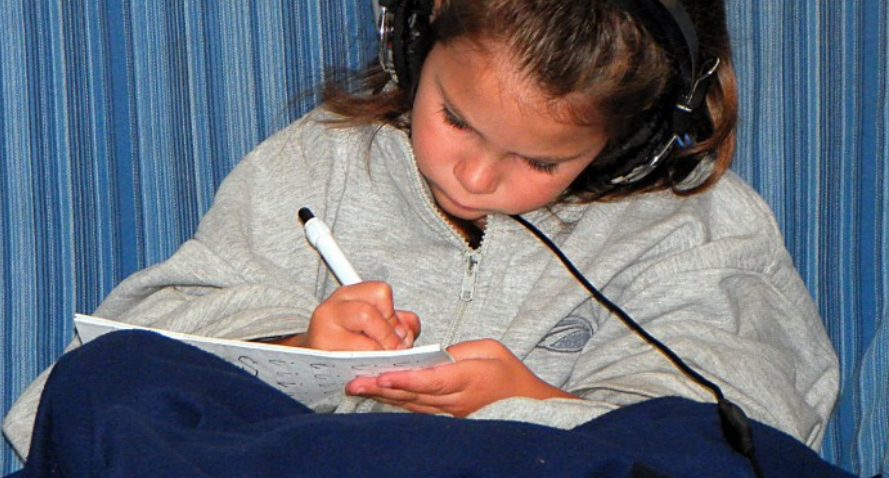Experience and Training
Professional interpreters have undergone extensive training and have years of experience in the field. They have studied language interpretation techniques, developed their skills, and are knowledgeable about various interpreting modes such as consecutive and simultaneous interpretation. This specialized training ensures that they are well-prepared to handle any interpreting situation.
On the other hand, bilingual children may have language proficiency but lack the necessary training and experience in interpretation. They may not be familiar with the specific vocabulary or terminology used in professional settings, leading to potential inaccuracies or misunderstandings.
Additionally, professional interpreters often participate in continuing education programs to stay updated on industry standards and advancements. This ongoing learning allows them to refine their skills and provide high-quality interpretation services.
Accuracy and Precision
Professional interpreters prioritize accuracy and precision in their work. They understand the importance of conveying the intended message accurately without any distortion or omission. They have developed techniques to handle challenges such as complex concepts, idiomatic expressions, and cultural nuances.
Bilingual children, while proficient in multiple languages, may not have the same level of linguistic and cultural competence as professional interpreters. They may struggle with accurately conveying the intended meaning, especially in situations that require specialized knowledge or understanding of cultural contexts.
By hiring professional interpreters, organizations and individuals can ensure that the interpretation is accurate and precise, avoiding any potential miscommunication or misunderstandings.
Cultural Sensitivity
Professional interpreters are trained to be culturally sensitive and aware. They understand the importance of respecting and acknowledging cultural differences, and they strive to bridge the cultural gap during interpretation.
Bilingual children, although they may have cultural knowledge to some extent, may not have the same level of cultural sensitivity as professional interpreters. They may unintentionally make cultural faux pas or fail to understand subtle cultural nuances, which can lead to misunderstandings or offense.
Professional interpreters are skilled at navigating cross-cultural communication and ensuring that all parties involved feel respected and understood.
Professionalism and Ethics
Professional interpreters adhere to a strict code of ethics and maintain a high level of professionalism in their work. They understand the importance of confidentiality, impartiality, and maintaining professional boundaries.
Bilingual children may not have the same level of understanding or awareness of professional ethics. They may inadvertently share sensitive information or be influenced by personal biases, compromising the integrity of the interpretation process.
Emotional burden on bilingual children
Asking bilingual children to interpret for their parents can place a significant emotional burden on them. They may feel pressured to accurately convey messages, especially in high-stakes situations. This can lead to stress, anxiety, and a sense of responsibility that is beyond their years.
Bilingual children may also struggle with the emotional weight of interpreting sensitive or difficult conversations within the family. They may be exposed to confidential or distressing information that could affect their emotional well-being. It can even lead to depression.
It is important to prioritize the emotional well-being of bilingual children and avoid placing them in situations that may be overwhelming for them.
This is why you need to contact CAT Translation Language Studio and get your interpretation done professionally.

